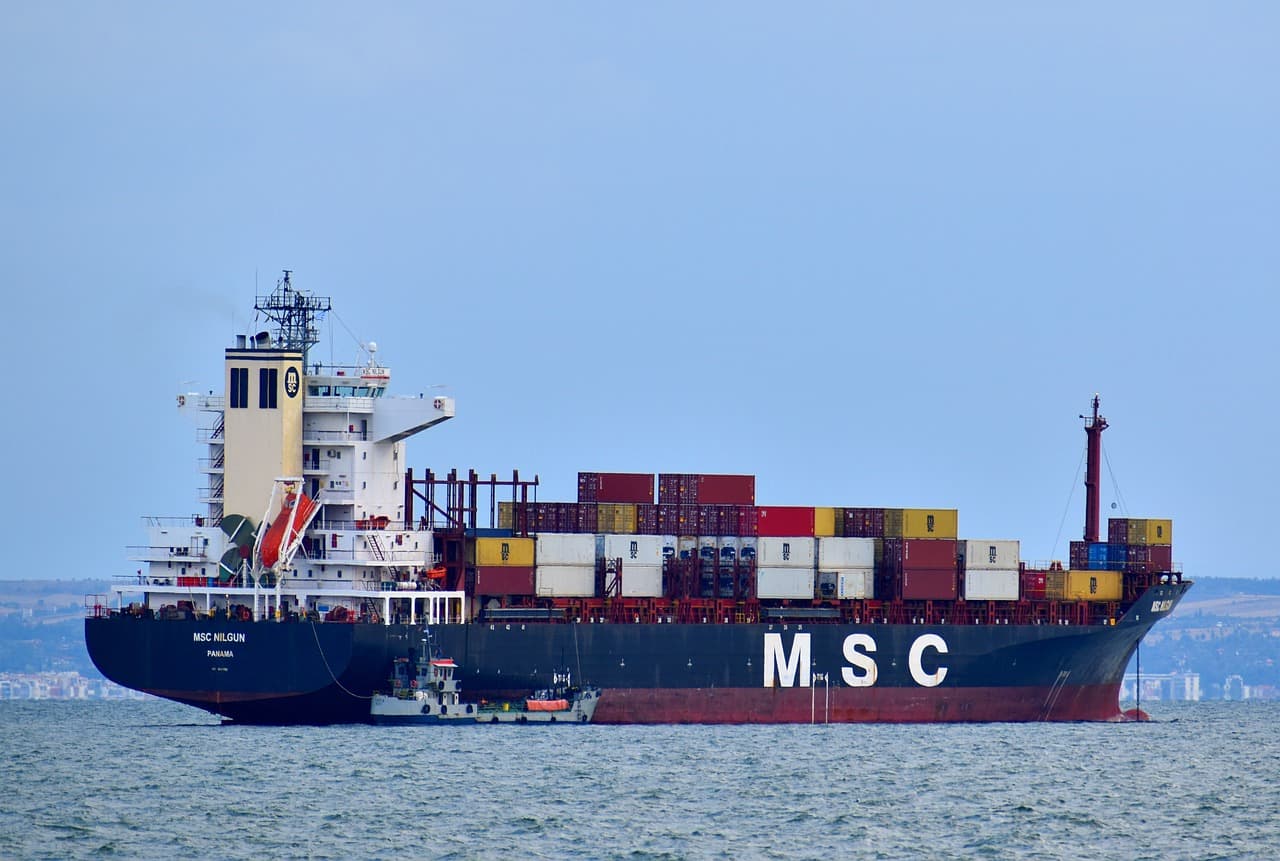Understanding Cargo Ships: Bulk Carriers, Container Ships, and Specialized Vessels
Cargo ships are the backbone of international trade, transporting goods across the globe. Understanding the different types of cargo ships is crucial for businesses involved in shipping or logistics. This article will delve into the specifics of bulk carriers, container ships, and specialized cargo vessels, helping you understand their roles and capabilities.
Bulk Carriers
Bulk carriers are designed to transport unpackaged bulk cargo, such as grains, coal, ore, and cement. These vessels are equipped with large cargo holds, which are compartments where the bulk cargo is stored. Here are some key features and considerations:
- Size and Classification: Bulk carriers can be classified based on their size, from Handysize (smaller ships) to Capesize (the largest ships that cannot pass through canals like the Panama Canal).
- Safety Concerns: Bulk carriers must be carefully managed to prevent issues like cargo shifting or water ingress, which can compromise the ship's stability.
- Operational Efficiency: These ships are often equipped with gear (cranes and grabs) or gearless (relying on port infrastructure), affecting their operational flexibility.
Example of a Bulk Carrier Operation
A typical operation might involve loading iron ore in Brazil, with meticulous planning to ensure even distribution of cargo across the holds to maintain ship stability during its voyage to China.
Container Ships
Container ships are tasked with transporting goods in containers, providing a highly efficient and secure means of handling manufactured products. They are fundamental in global trade, offering both standard and refrigerated containers for different types of cargo.
- Capacity and Size: Container ships are measured in TEUs (Twenty-foot Equivalent Units). They range from small feeder vessels to Ultra Large Container Vessels (ULCVs) that can carry over 20,000 TEUs.
- Route and Network: These ships operate on fixed routes with established schedules, making them the backbone of predictable, high-volume sea freight.
- Technological Advancements: Modern container ships incorporate advanced technology for navigation, cargo handling, and energy efficiency.
Example of a Container Ship Operation
Consider a container ship loading electronics in South Korea, using automated systems to optimize container placement for balance and efficient unloading in European ports.
Specialized Cargo Vessels
Specialized cargo vessels are designed for specific types of cargo that require unique handling, such as chemicals, liquefied natural gas (LNG), automobiles (car carriers), and livestock.
- Custom Features: These ships are equipped with specialized features like temperature control for chemical tankers, ventilation systems for livestock carriers, and multi-deck ramps for car carriers.
- Regulatory Compliance: Operators must adhere to stringent international regulations to ensure safety and environmental protection.
- Market Niche: Specialized vessels cater to niche markets, often requiring more detailed logistical planning and higher operational costs.
Example of a Specialized Cargo Vessel Operation
A car carrier might load vehicles in Japan, arranging them on multiple decks with precise securing to prevent movement during transit, destined for the U.S. market.
Conclusion
Whether it's bulk carriers transporting raw materials, container ships moving manufactured goods, or specialized vessels handling unique cargoes, each type plays a vital role in the global supply chain. Understanding these differences helps businesses and logistics professionals plan more effectively and leverage the strengths of each ship type.
For further inquiries or detailed assistance on cargo ship operations, Mavyn offers both AI and human expert services. You can chat with Mavyn GPT or connect with a human expert to get tailored answers to your questions.
